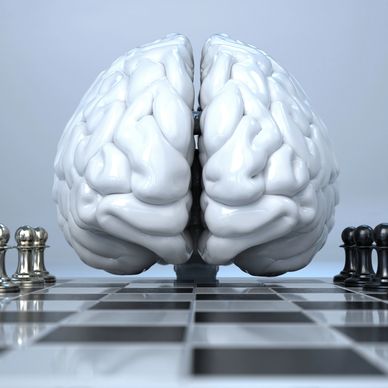Myrtle Beach Individual Chess Championship December 20, 2025
Benefits of Chess
Improved Memory
Increased Concentration and Focus
Enhanced Problem-Solving Skills

Chess requires players to remember past moves and anticipate future possibilities, strengthening both short-term and long-term memory.
Enhanced Problem-Solving Skills
Increased Concentration and Focus
Enhanced Problem-Solving Skills

Chess challenges players to devise strategies and solve complex problems, fostering a problem-solving mindset that can translate to other areas of life.
Increased Concentration and Focus
Increased Concentration and Focus
Increased Concentration and Focus

Playing chess demands unwavering attention, improving focus and attention span, which can be beneficial for schoolwork and other activities.
Boosted Creativity
Improved Logical Thinking
Increased Concentration and Focus

Chess encourages players to think outside the box and come up with creative solutions, activating the right side of the brain responsible for creativity.
Improved Logical Thinking
Improved Logical Thinking
Improved Logical Thinking

Chess requires strategic planning and foresight, enhancing logical thinking skills.
Academic Preformance
Improved Logical Thinking
Improved Logical Thinking

Chess training can strengthen academic performance, improving both reading comprehension and problem-solving abilities.
Confidence Building
Patience and Composure
Patience and Composure

Chess can foster a sense of self-assurance as players study, compete, and analyze their games.
Patience and Composure
Patience and Composure
Patience and Composure

Chess teaches players to remain calm under pressure and wait for the right moment, fostering patience and composure.
Social Interaction
Patience and Composure
Social Interaction

Playing chess with others can be a social activity that promotes interaction and builds relationships.
Copyright © 2026 U.S. Chess Mates - All Rights Reserved.